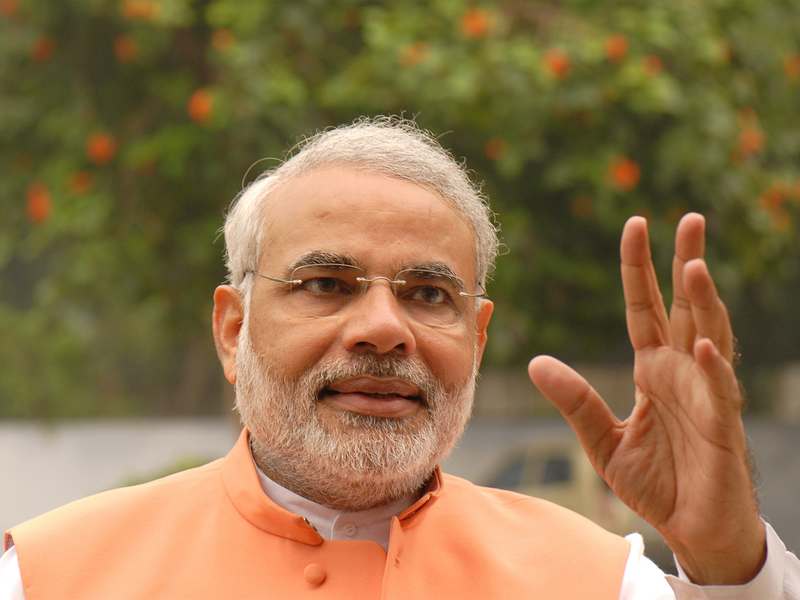
The assembly elections in the state of Bihar are scheduled to happen across five phases between October 12, 2015, and November 7, 2015. The constituents of the stock market are closely following the run up to these elections like they had followed the run up to the Lok Sabha elections last year.
While the stock market following the Lok Sabha elections is but natural, why is it following the run up to the assembly elections in Bihar? Bihar is the poorest state in India as measured by the per capita income. Data released by the Ministry of Statistics and Programme Implementation shows that for 2014-2015, the per capita income of the state was Rs 36,143. This was the lowest among the states and union-territories, which had declared their per capita income when the data was published in July earlier this year.
During 2013-2014, the per capita income of the state was at Rs 31,199, the lowest among all states and union-territories. The state of Uttar Pradesh came in second from the bottom at Rs 36,250. This when the per capita income of Bihar has grown at greater than 15% in each of the last three financial year’s.
Data from the India Brand Equity Foundation points out that the per capita income of the state is around 43% of the Indian per capita income. The gross domestic product (GDP) of the state is around 3.25% of the Indian GDP, even though the state has more than 8% of India’s population.
The installed power capacity of the state is 2759.8 MW, which is around 1% of the total capacity in India. Over and above this, given the many years of lawlessness and the lack of electricity that the state has faced, it barely has an industry.
Data from the ministry of finance shows that the state has 26 public private partnership projects. This is less than 2% of the 1409 projects all across India. The India Brand Equity Foundation points out that the “total FDI for Bihar and Jharkhand combined during the period from April 2000 to May 2015 stood at US$ 59 million.” On this my guess is that even this miniscule amount would have gone more to Jharkhand than Bihar.
The state barely contributes to the Indian GDP, has virtually no industry and almost no FDI is going into the state. In this scenario why is the stock market worried about Bihar? As Shankar Sharma, Vice Chairman and Managing Director of First Global recently told Business Standard: “Bihar election is important from the context of whether the Modi government still enjoys popular mandate or not.”
And how will that help the stock market? A win in Bihar for the Bhartiya Janata Party(BJP) led coalition will allow the stock brokers to sell the Narendra Modi “ache din aane waale hain” story all over again to foreign investors as well as Indian investors.
As Philip Tetlock and Dan Gardner write in Superforecasting—The Art and Science of Forecasting: “The one undeniable talent that talking heads have is their skill at telling a compelling story with conviction, and that is enough.”
Stock market investors love a good story and Narendra Modi in control is a compelling story that can ‘still’ be sold with some conviction by stock brokers. What works for it is the fact that it has already been sold once between September 2013 and May 2014, in the run up to the last Lok Sabha elections. The BSE Sensex ran up 33% between September 2013 and May 26, 2014, when Narendra Modi was sworn in as the prime minister of the country.
This was purely a sentiment based rally based around a compelling story that was well sold. The stock brokers are hoping to repeat this in the time to come. The trouble is that unlike the last Lok Sabha election this election remains too close to call. Hence, up until now, various opinion polls have swung both ways. Some have suggested that the BJP led alliance will win, whereas others have suggested that Lalu Prasad Yadav + Nitish Kumar + Congress (or the Grand Alliance) will win. Let’s see which way things swing.
(Vivek Kaul is the author of the Easy Money trilogy. He tweets @kaul_vivek)
The column originally appeared on Firstpost on Oct 6, 2015